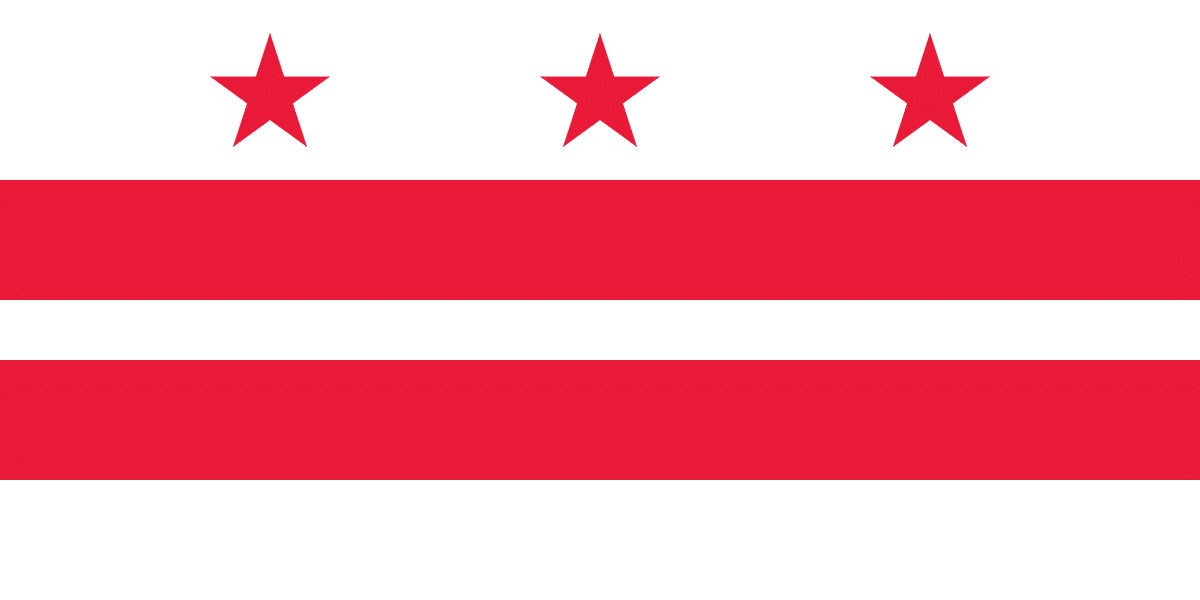The rapid growth of drone technology has revolutionized industries and hobbies, but operating drones in Washington D.C. comes with unique challenges due to the city’s strict regulations and sensitive airspace. This guide explores drone laws in Washington D.C., covering federal mandates, restricted airspace rules, and best practices to ensure safe and legal drone operations.
Understanding Federal Drone Laws in Washington D.C.
FAA Regulations
The Federal Aviation Administration (FAA) oversees drone operations across the U.S., including Washington D.C. Whether you’re a commercial pilot, a recreational flyer, or a government operator, you must comply with these federal rules:
Commercial Drone Pilots
- Follow the FAA’s Part 107 Small UAS Rule.
- Pass the Aeronautical Knowledge Test to obtain a Remote Pilot Certificate for commercial drone operations.
Recreational Drone Flyers
- Complete the Recreational UAS Safety Test (TRUST).
- Register drones weighing more than 0.55 lbs (250g) with the FAA.
Government Operators
- Government agencies, such as law enforcement, can operate under Part 107 or apply for a Certificate of Authorization (COA) for specific missions.
Navigating Washington D.C.’s Restricted Airspace
Washington D.C. has some of the most tightly controlled airspace in the United States due to its status as the nation’s capital. Drone operators must understand these restrictions:
The Special Flight Rules Area (SFRA)
The National Capital Region falls within the SFRA, a 30-mile radius around Ronald Reagan Washington National Airport.
Key SFRA Zones:
- Inner Ring (15-Mile Radius):
- Flying drones is strictly prohibited.
- Exceptions require explicit FAA authorization, rarely granted due to national security concerns.
- Outer Ring (15-30 Mile Radius):
- Drone operations are allowed but regulated.
- Restrictions include:
- Altitude Limits: Stay below 400 feet.
- Drone Weight: Must be under 55 lbs.
- Weather Compliance: Fly only in clear weather.
- Registration: FAA registration is mandatory.
Prohibited and Sensitive Areas
- White House: No drone flights allowed under any circumstances.
- Capitol Building: Protected by strict no-fly zones.
- Monuments and Memorials: Restricted to ensure public safety and respect.
Recent Developments in Washington D.C. Drone Laws
FAA LAANC System for Controlled Areas
The Low Altitude Authorization and Notification Capability (LAANC) system has expanded to allow near-real-time authorization for flights in controlled airspace outside the inner 15-mile radius. Operators can check approved zones and request flight permissions via the system.
Increased Enforcement
Law enforcement agencies have stepped up enforcement of drone regulations. Unauthorized drone operations in restricted areas can result in heavy fines, drone confiscation, or legal action.
How to Fly Drones Legally in Washington D.C.
Steps for Compliance
- Check Airspace Maps: Use tools like the FAA’s B4UFLY app or AirMap to verify airspace restrictions.
- Obtain Necessary Certifications:
- Hobbyists: Complete TRUST.
- Commercial Operators: Secure a Part 107 certificate.
- Plan Flights Responsibly: Avoid restricted areas, maintain a line of sight, and follow altitude limits.
- Stay Updated: Monitor changes in regulations via FAA announcements and local government updates.
Alternative Flying Locations
For drone enthusiasts looking to capture aerial footage, consider areas outside the SFRA. Locations in Maryland or Virginia, beyond the 30-mile radius, may offer safe and legal spaces for recreational and commercial flights.
Best Practices for Safe Drone Operations in Washington D.C.
Safety Tips
- Inspect Your Drone: Check for mechanical issues before every flight.
- Avoid Crowded Areas: Respect privacy and ensure public safety.
- Stay Visible: Always maintain a clear line of sight.
Community Engagement
- Collaborate with local authorities and aviation stakeholders to understand community-specific concerns.
- Participate in drone user groups or forums to share knowledge and stay informed.
FAQs About Drone Laws in Washington D.C.
Can I fly a drone near the National Mall?
No, drone flights are strictly prohibited near the National Mall and its surrounding areas.
Are there exceptions for professional filmmakers?
Filmmakers must obtain special FAA waivers and permits to operate drones in restricted areas.
What happens if I violate drone laws in Washington D.C.?
Violations can result in penalties, including fines up to $25,000 and possible criminal charges.
Conclusion
Navigating drone laws in Washington D.C. requires a thorough understanding of federal regulations, local restrictions, and best practices. By staying informed and following the rules, drone operators can safely explore the skies without jeopardizing security or public safety.
As drone technology continues to evolve, compliance with these laws ensures responsible use while preserving the integrity of the nation’s capital.
Disclaimer
The information provided is for informational purposes only and not legal advice. Drone regulations in Washington D.C. are subject to change. Consult the FAA or legal professionals for the most accurate guidance.

